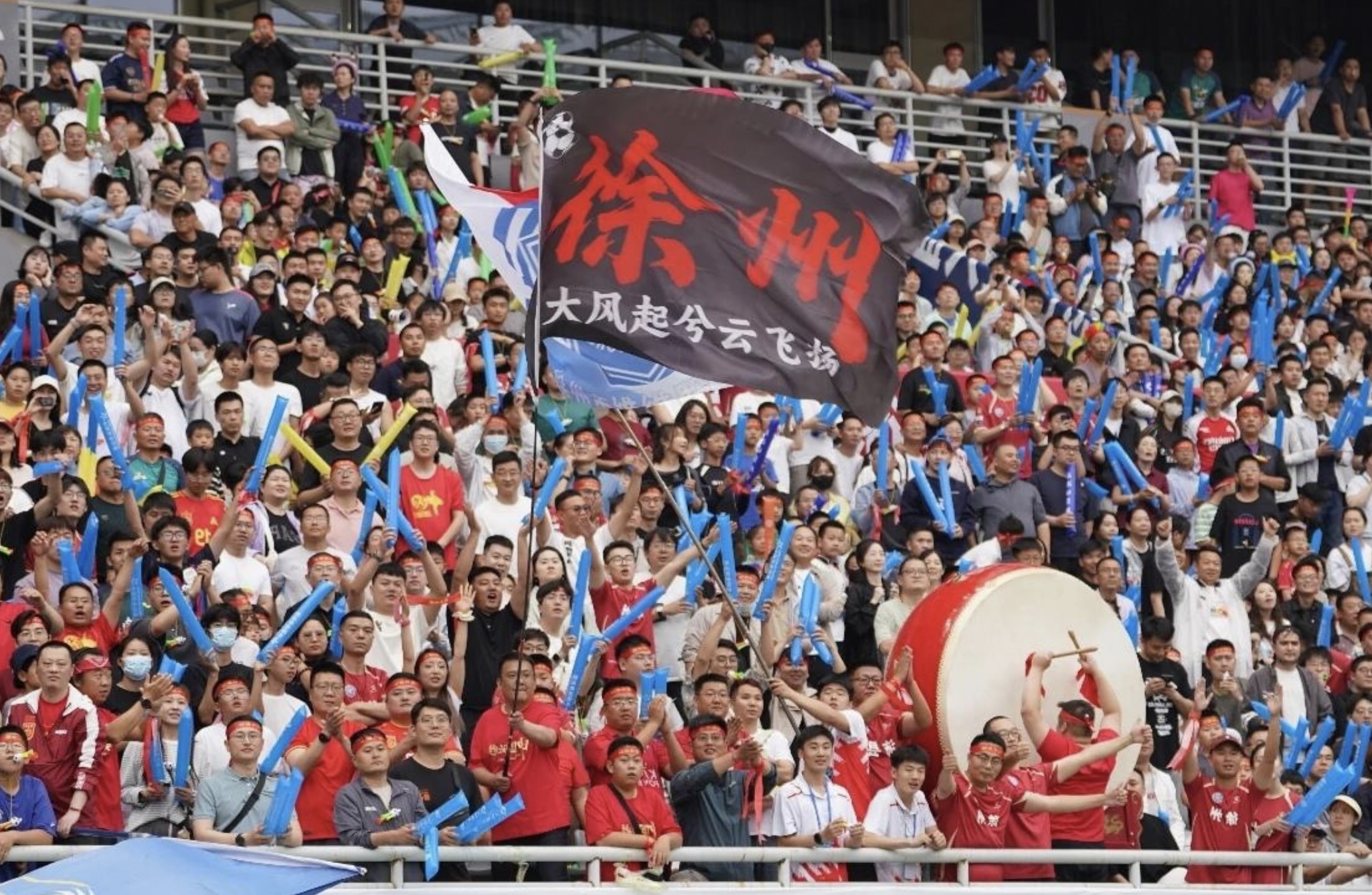On April 25, Elon Musk made history when he purchased Twitter for a staggering 44 billion USD. The involved parties will conclude the deal before the end of this year.
Musk openly stated his intention behind the acquisition is to ensure free speech as it is “the bedrock of functioning democracy.”
I hope that even my worst critics remain on Twitter, because that is what free speech means
— Elon Musk (@elonmusk) April 25, 2022
The news took the world by storm, including China, with a related hashtag gaining more than 120 million views in just a few hours on Chinese microblogging platform Weibo.
Some of the billionaire’s fans in China, who affectionately refer to him as ‘Lao Ma’ (translated as ‘Old Ma’), have openly marveled at his economic power.
A comment under a trending post on Weibo reads, “I can’t help but admire Lao Ma; he really is the world’s king.” Others wonder if Musk’s next step will be to run for president.
Another term that has been thrown around is chao neng li (‘the power of banknotes’), which has the same pronunciation as ‘superpower’ in Mandarin, and aptly describes the acquisition.

Elon Musk as Iron Man. Image via @锋潮科技 on Weibo
Although a comment praising the move as “the spirit of liberalism” gained more than 3,000 likes on Weibo, voices of discontent are also emerging on the platform.
“Western society had to turn to an oligarch to defend free speech,” a critic posted. Another comment reads, “Now he controls the media.”
“Maybe he just didn’t want his tweets to be banned,” proposed one Weibo user.
Of course, no trending news can escape being turned into a meme these days.

Meme shared by @多喝喜茶0甜葡萄多多 on Weibo
This is certainly not the first time Musk has been a hot topic on the Chinese web. Besides his Tesla ventures in the country, bizarre or comedic events usually propel the businessman into the limelight.
For instance, in November 2021, Musk confused the internet by tweeting an ancient Chinese poem. A month later, he openly speculated that he might be partly Chinese after being compared to his Chinese doppelganger ‘Yilong Musk.’
Cover image via Wikimedia

















